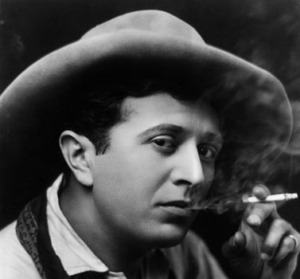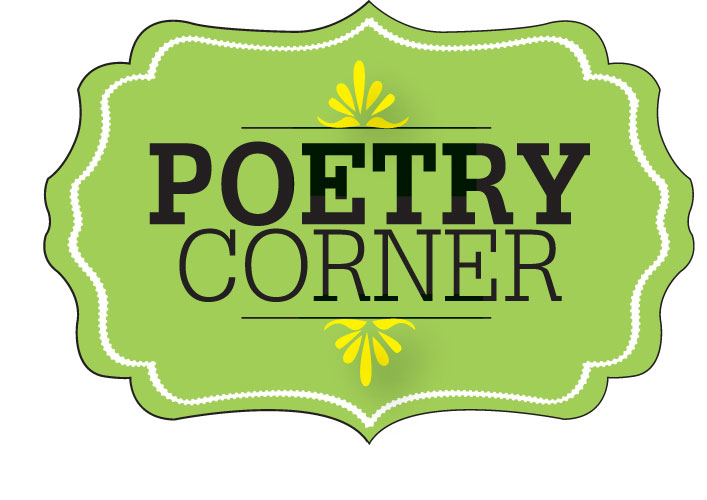By Norah Christianson
[little tree]
By E.E.Cummings
little tree
little silent Christmas tree
you are so little
you are more like a flower
who found you in the green forest
and were you very sorry to come away?
see i will comfort you
because you smell so sweetly
i will kiss your cool bark
and hug you safe and tight
just as your mother would,
only don’t be afraid
look the spangles
that sleep all the year in a dark box
dreaming of being taken out and allowed to shine,
the balls the chains red and gold the fluffy threads,
put up your little arms
and i’ll give them all to you to hold.
every finger shall have its ring
and there won’t be a single place dark or unhappy
then when you’re quite dressed
you’ll stand in the window for everyone to see
and how they’ll stare!
oh but you’ll be very proud
and my little sister and i will take hands
and looking up at our beautiful tree
we’ll dance and sing
“Noel Noel”
So simply written, [little tree] is very child-like in its language and story. Indeed, the poem is about children. And don’t we all, if we were lucky, remember what our childhood felt like at Christmas time—the deliciousness of anticipation, of mystery, the gorgeous spangles red and gold, the strangeness of a real tree in the house, the fragrance of it. I remember as a child going to Slater Park in Pawtucket, RI, my hometown, to see the life-size creche all lit up at night. And most wonderful were the live sheep, the one goat, a donkey and a Shetland pony! (The pony borrowed from warmer days when pony rides could be had at the park.) The smell of animal poop was no less sweet smelling to me than the pine boughs.
[little tree] doesn’t need analyzing (though, of course, the academics have had a go at it). I’d just like to say that I talk to my trees and plants, the way the little boy talks to the little tree, and I believe all living creatures and rivers and mountains and inanimate things have soul. That concept is a leftover from my childhood, I suspect. If I were around in 1651, I suppose I would be hanged beside Goody.
So you know: “Noël comes to us from the Latin verb nasci, meaning “to be born.” In the book of Ecclesiastes, the birth of Jesus is called natalis. A variation of this word, nael, made its way into Old French as a reference to the Christmas season and later into Middle English as nowel.” I copied this from Google, so it must be true.

A word about e.e.cummings. He was born in 1894 in Cambridge, Massachusetts, studied at Harvard, wrote plays, essays, poems. He volunteered as an ambulance driver in World War I, but was interned in a prison camp by the French authorities on suspicion of espionage for his outspoken anti-war convictions. He was released after three and a half months, returned to the U.S., and was then drafted. (Go figure.) A proponent of free-form poetry (no meter, rhythm, rhyme), he experimented with syntax, spelling and grammar, and didn’t use much capitalization or conventional punctuation.
A few view all this as an affectation or gimmick—myself included. (But who am I?). But hey, it’s his gimmick. Poetic license and all that. I was not able to find anywhere where Cummings himself explained this practice, but Norman Friedman has said that Cummings’s inventions “…are best understood as various ways of stripping the film of familiarity from language….” Cummings died in New Hampshire in 1962.
Happy Holidays!


Nora… Just came across your fabulous “Wild Peony” in Stfd ’85, and wondered how you are. Be in touch if/when you’re inclined. Love, Pat 🙏